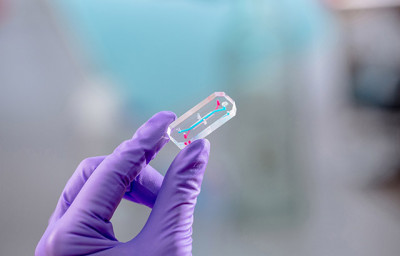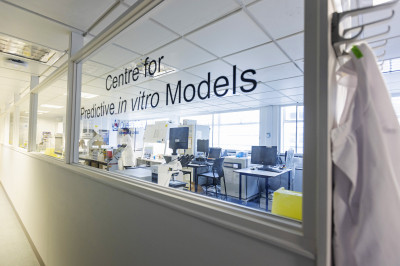News
Queen Mary launches world’s first dedicated masters in organ-chip technology
26 November 2025


Queen Mary is proud to launch a new specialist bioengineering programme, MSc Organ-on-a-Chip Technologies, now open for September 2026 applications.
Delivered within the renowned Centre for Predictive In Vitro Models, the course provides advanced training in next-generation organ-on-a-chip, tissue engineering and in vitro technologies.
Following the Government’s recently announced strategy to reduce the use of animals in science, non-animal research methods are gaining increased attention, and organ-on-a-chip technology has been named as a priority area for future investment.
Organ-chip technologies enable the creation of realistic, human-centred models that advance understanding of disease mechanisms and therapeutic responses, with the potential for more accurate results than animal models.
The MSc course will be industry-led, preparing students to shape the future of healthcare. As well as learning from globally-leading academics in the field, students will benefit from a network of 150+ industry affiliates across pharma, biotech, and regulatory agencies, including GSK, AstraZeneca, Baxter and the RSPCA.
In addition to gaining technical expertise in biomedical engineering, students will also develop transferable skills in project management, entrepreneurship, ethics, and regulatory affairs. Graduates can expect career opportunities within research, consultancy, regulatory bodies, and more.
This course follows the launch of a Centre for Doctoral Training in organ-on-a-chip technology at Queen Mary’s CPM in 2025 – utilising £7 million in funding to train a new generation of experts in this future-facing technology.
The Centre for Predictive In Vitro Models is one of the largest and most pioneering centres of its kind in the world, bringing together experts in 2D and 3D cell culture models, organoids, microphysiological systems, organ-on-a-chip technology and other non-animal methods.
| Contact: | Ayden Wilkes |
| Email: | a.wilkes@qmul.ac.uk |
| Website: | |
| Research Centre: | Bioengineering |




